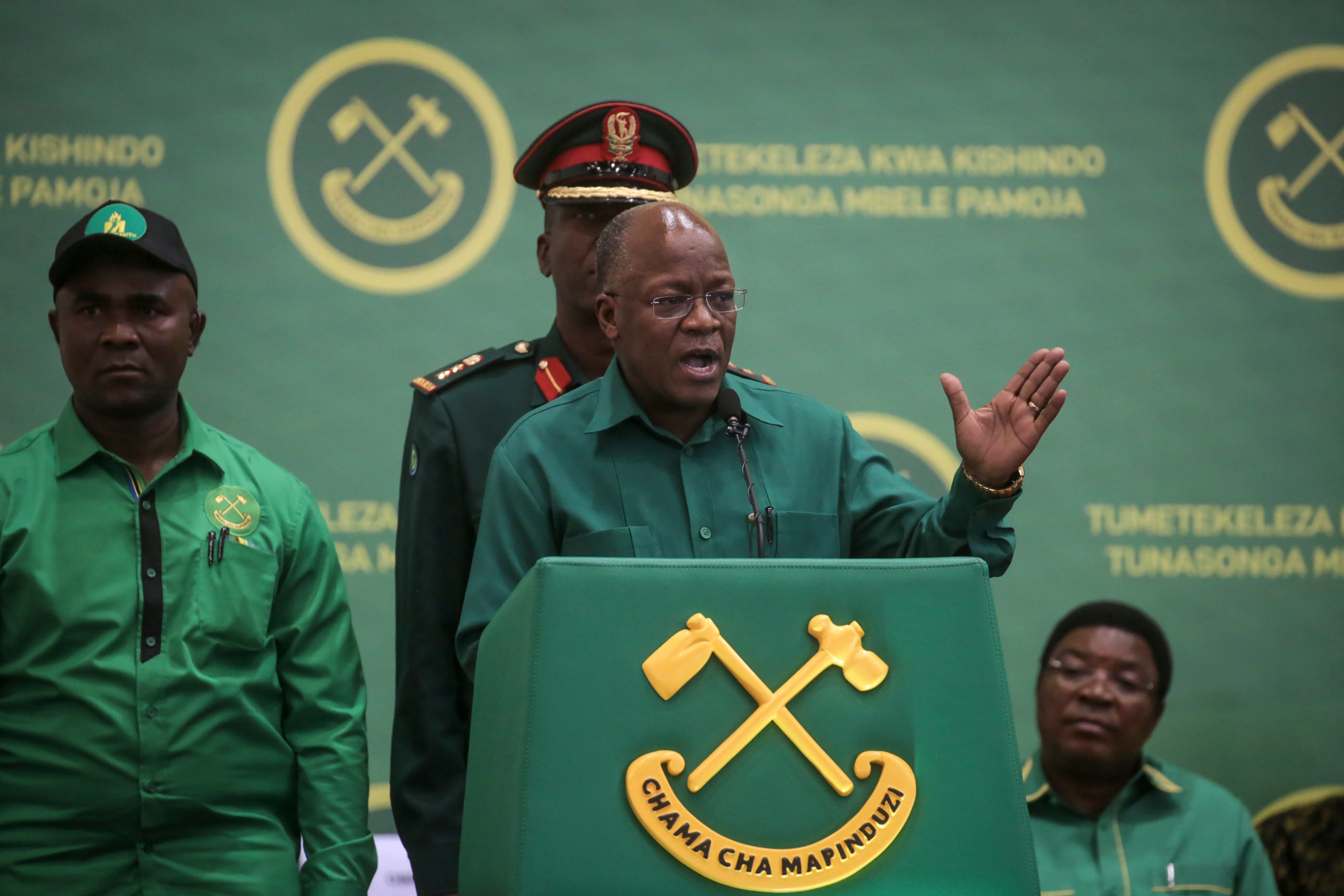Fighting Covid in a country where leaders denied the pandemic existed
A doctor on the frontline in Tanzania tells Clea Skopeliti tells how the country has no idea about the true extent of the virus and how hospitals are struggling to cope

While in most countries, daily coronavirus figures have become part and parcel of the news cycle, Tanzania stands out as a worrying exception. The east African country’s government stopped reporting coronavirus figures last May, declaring God had eliminated Covid in the country of 60 million.
Tanzania’s official tally stands at just 509 Covid cases and 21 deaths. But doctors working in the country’s overwhelmed medical centres say this is a far cry from reality.
A doctor working at a private hospital in Tanzania, who spoke toThe Independent on condition of anonymity, said there is no way of knowing the true scale of cases or deaths.
Subscribe to Independent Premium to bookmark this article
Want to bookmark your favourite articles and stories to read or reference later? Start your Independent Premium subscription today.
Join our commenting forum
Join thought-provoking conversations, follow other Independent readers and see their replies